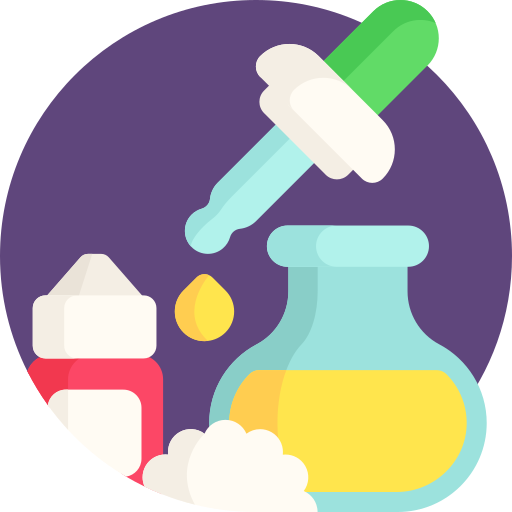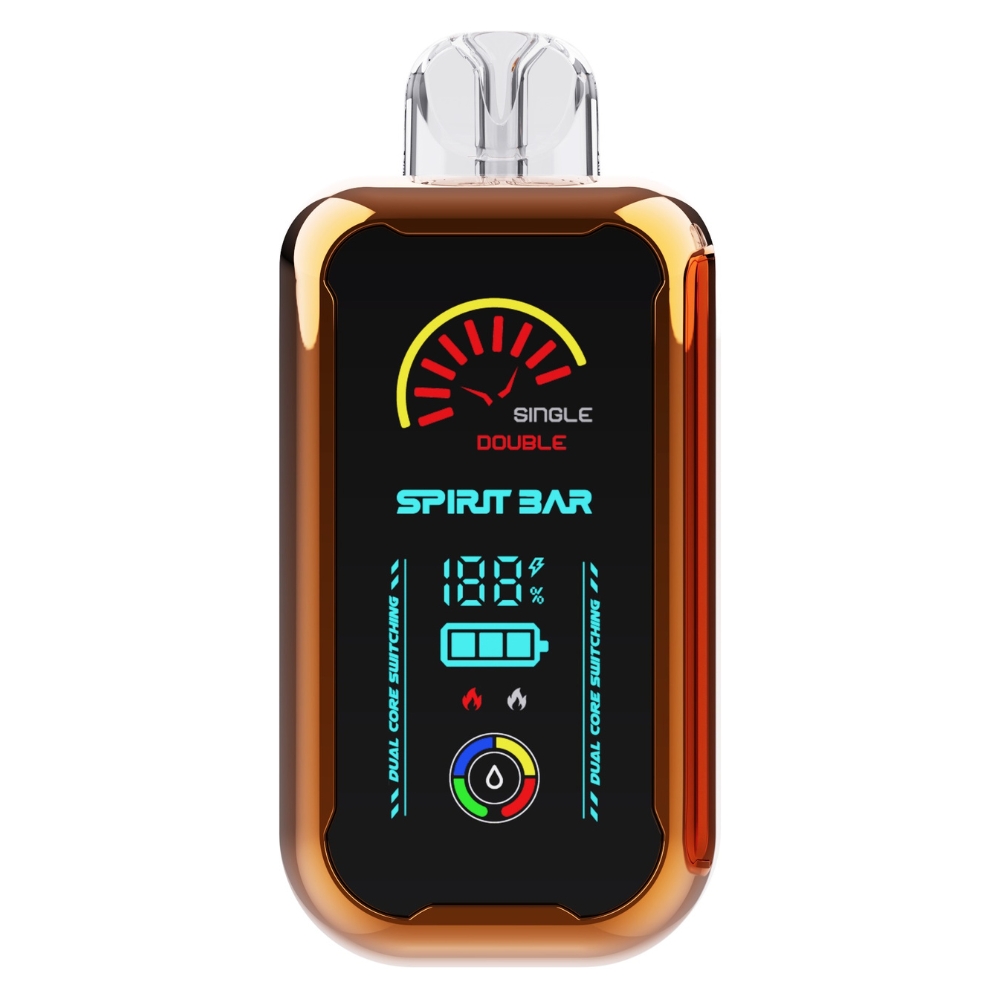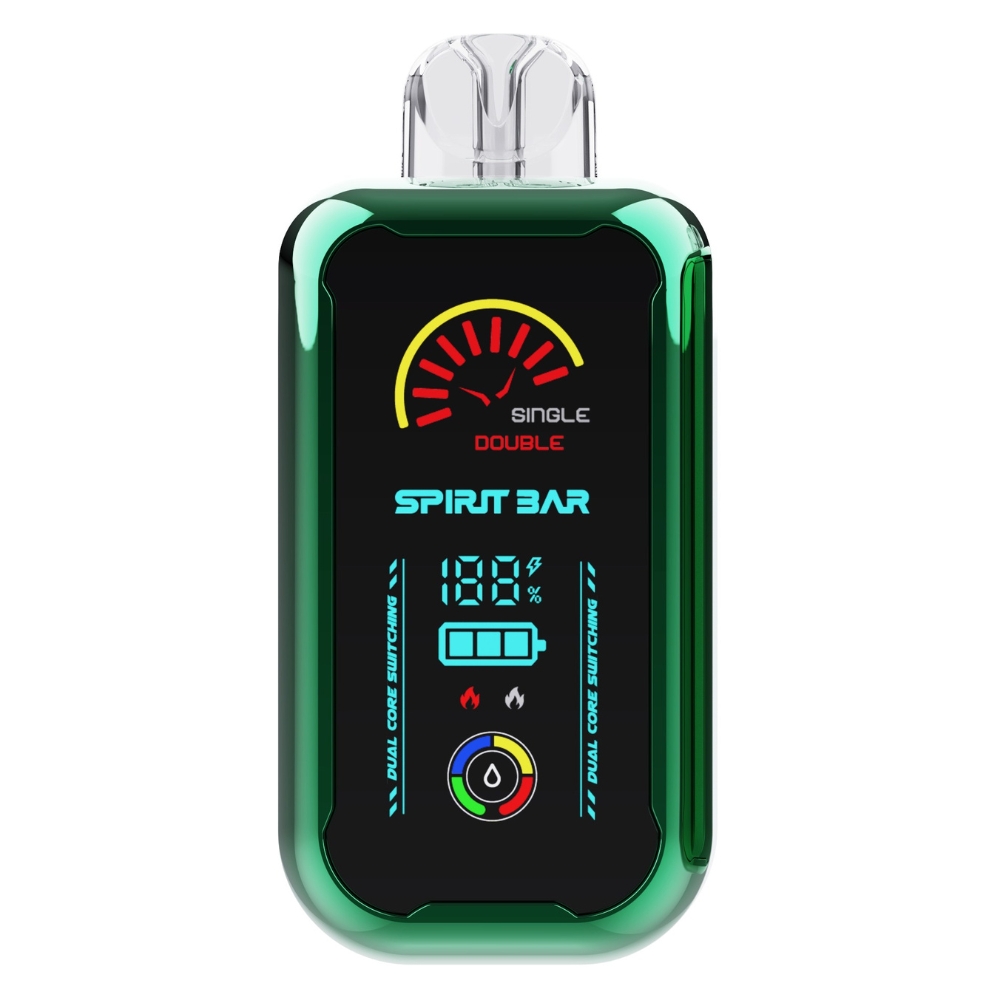Can You Get Nicotine High on Vape? Exploring the Effects of Vaping Nicotine
Have you ever wondered if vaping can give you a nicotine high? While nicotine is a highly addictive substance, it does not typically produce a high like other drugs. However, some people may experience a slight buzz or lightheadedness from nicotine, especially if they are new to using it.
The effects of nicotine can vary depending on the individual and the amount consumed. Vaping devices can deliver high levels of nicotine quickly, which can cause a rush of adrenaline and increased heart rate. However, this is not the same as a traditional “high” and can be dangerous if consumed in excess. It is important to understand the potential risks and effects of vaping before using these products.
Understanding Vaping and Nicotine
https://www.youtube.com/watch?v=rQQhtHfxWEQ&embed=true
What is Vaping?
Vaping is the act of inhaling and exhaling an aerosol, often referred to as vapor, produced by an e-cigarette or similar device. These devices are battery-powered and work by heating a liquid, which is typically a mixture of nicotine, flavorings, and other chemicals. The liquid is then turned into an aerosol, which is inhaled into the lungs.
What is Nicotine?
Nicotine is a highly addictive chemical found in tobacco plants. It is also the primary component in most e-cigarette liquids. When you inhale nicotine, it is quickly absorbed into your bloodstream and reaches your brain within seconds. This can cause a temporary release of adrenaline, which can give you a buzz or a rush of energy.
It is important to note that while nicotine can produce a temporary high, it is not considered a psychoactive substance like other drugs that affect the brain. Additionally, nicotine is highly addictive and can lead to dependence, making it difficult to quit once you start using it.
When it comes to vaping, it is important to understand that while it may be less harmful than smoking traditional cigarettes, it is still not safe. E-cigarettes still contain nicotine, which can be addictive and harmful to your health. It is also important to note that vaping without nicotine can still cause side effects, such as irritation to the lungs and throat.
In summary, while vaping may be a less harmful alternative to smoking cigarettes, it is still important to understand the risks associated with nicotine use and to make informed decisions about your health.
Can You Get High on Nicotine?
If you’re wondering whether you can get high on nicotine, the answer is no. Nicotine does not cause a high, but it can cause a fleeting sense of pleasure. As it interacts with the brain’s reward centers, nicotine can lead to a cycle of withdrawal and reduced pleasure, which can lead to addiction.
Nicotine is a stimulant that can cause a range of effects on the body, including increased heart rate, blood pressure, and respiration. It can also cause nausea, stomach ache, vomiting, and loss of appetite. These symptoms are related to the stimulatory effects of nicotine and can occur within the first 15 to 60 minutes following exposure.
While nicotine can cause some pleasurable effects, it is not considered a recreational drug. In fact, nicotine poisoning or overdose can be dangerous and potentially life-threatening. Symptoms of nicotine poisoning include dizziness, headache, confusion, seizures, and difficulty breathing.
Nicotine is commonly found in tobacco products, including cigarettes, cigars, and chewing tobacco. It is also found in some nicotine replacement products, such as gum, patches, inhalers, and nasal sprays. If you use these products as directed, the risk of nicotine poisoning is low. However, taking too high of a dose or using these products incorrectly can lead to nicotine poisoning.
In conclusion, while nicotine can cause some pleasurable effects, it is not considered a recreational drug, and getting high on nicotine is not possible. If you use nicotine products, it’s important to use them as directed to avoid the risk of nicotine poisoning.
Effects of Nicotine High
https://www.youtube.com/watch?v=aasKIDz9ZX4&embed=true
When you inhale nicotine through vaping, it enters your bloodstream and reaches your brain within seconds. Nicotine stimulates the release of dopamine, a neurotransmitter that is responsible for feelings of pleasure and reward. This is what creates the “buzz” or “rush” that some people experience when they vape.
However, the effects of nicotine high are short-lived, lasting only a few minutes. After that, you may experience symptoms such as dizziness, nausea, and headaches. These symptoms are more likely to occur if you vape high doses of nicotine or if you are new to vaping.
Long-term use of nicotine can lead to addiction, which can be difficult to overcome. Nicotine addiction can cause withdrawal symptoms such as irritability, anxiety, and difficulty sleeping. It can also increase your risk of developing other health problems such as heart disease and lung cancer.
It is important to note that while nicotine does not achieve a “high” in the same way as other drugs, it can still have negative effects on your health. Vaping without nicotine may be a safer alternative if you want to avoid the risks associated with nicotine use.
Vaping Vs Smoking: The Nicotine High
If you’re wondering whether vaping can get you high, the answer is no. Nicotine does not produce a high like other psychoactive substances. But, it does trigger an adrenaline release that may cause a temporary increase in heart rate and blood pressure, leading to a feeling of alertness.
In comparison, smoking tobacco cigarettes can produce a more intense nicotine high due to the faster absorption of nicotine into the bloodstream. However, it also comes with a host of harmful chemicals and toxins that can cause serious health problems over time.
When it comes to vaping, the long-term effects are still not fully understood. However, it is generally considered to be less harmful than smoking tobacco cigarettes. E-cigarettes heat nicotine, flavorings, and other chemicals to create an aerosol that you inhale. While they still contain nicotine, they do not contain the same harmful chemicals and toxins found in tobacco cigarettes.
It’s important to note that both smoking and vaping carry risks and side effects. Regular tobacco cigarettes contain over 7,000 chemicals, many of which are toxic and can cause serious health problems. E-cigarettes may not contain the same harmful chemicals, but they still contain nicotine, which is highly addictive and can lead to nicotine dependence.
Overall, if you’re looking for a nicotine high, vaping is not the way to go. While it may provide a temporary feeling of alertness, it does not produce the same psychoactive effects as other drugs. If you’re looking to quit smoking or vaping, it’s important to seek out professional help and support to overcome nicotine addiction.
Health Risks Associated with Vaping
Vaping is often marketed as a safer alternative to smoking traditional cigarettes. However, it is important to understand that vaping still carries health risks. Here are some of the potential health risks associated with vaping:
Addiction
Many e-liquids contain nicotine, which is highly addictive. Nicotine addiction can lead to a variety of health problems, including increased risk of stroke, heart disease, and lung cancer. Additionally, nicotine can harm adolescent brain development, which continues into the early to mid-20s [1].
Lung Damage
Vaping can cause lung damage, including inflammation and irritation of the airways. This can lead to coughing, wheezing, and shortness of breath. In severe cases, vaping can cause lung injury, such as the outbreak of lung injury associated with the use of e-cigarette, or vaping, products in 2019 [4].
Organ Damage
Vaping can also cause damage to other organs in the body. For example, some e-liquids contain diacetyl, which has been linked to a serious lung disease known as bronchiolitis obliterans [2]. Additionally, vaping can cause damage to the heart and blood vessels, potentially increasing the risk of heart disease and stroke [1].
Other Health Risks
Vaping can also cause other health problems, including:
- Mouth and throat irritation
- Dry mouth
- Headaches
- Nausea
- Dizziness
- Insomnia
- Increased heart rate [3]
It is important to understand that the long-term health effects of vaping are still not fully understood. While vaping may be less harmful than smoking traditional cigarettes, it is not a risk-free activity. If you are concerned about your health, it is important to talk to your doctor.
[1] Centers for Disease Control and Prevention
[4] Centers for Disease Control and Prevention
How to Quit Vaping Nicotine
If you’re looking to quit vaping nicotine, there are several methods you can try. It’s important to find the method that works best for you and your lifestyle.
Cold Turkey
Going cold turkey, or quitting vaping nicotine all at once, may lead to greater long-term success with quitting. However, it can be difficult to do without support. Consider reaching out to a healthcare professional or a support group for help.
Nicotine Replacement Therapy
Nicotine replacement therapy (NRT) can help reduce withdrawal symptoms and cravings. NRT products include nicotine gum, patches, lozenges, and inhalers. You can talk to your healthcare provider about which NRT product is right for you.
Medications
Prescription medications such as bupropion and varenicline are available for people who have difficulty quitting even with NRT. These medications should always be supervised by a healthcare professional for children under 18.
Behavioral Therapy
Behavioral therapy can help you identify and change the behaviors and habits associated with vaping nicotine. This can include individual or group therapy, counseling, or support groups.
Physical Activity
Physical activity can help reduce stress and improve mood, which can make it easier to quit vaping nicotine. Consider incorporating regular exercise into your routine.
Remember, quitting vaping nicotine may take time and effort, but it’s worth it for your health. Don’t be afraid to ask for help and support along the way.


